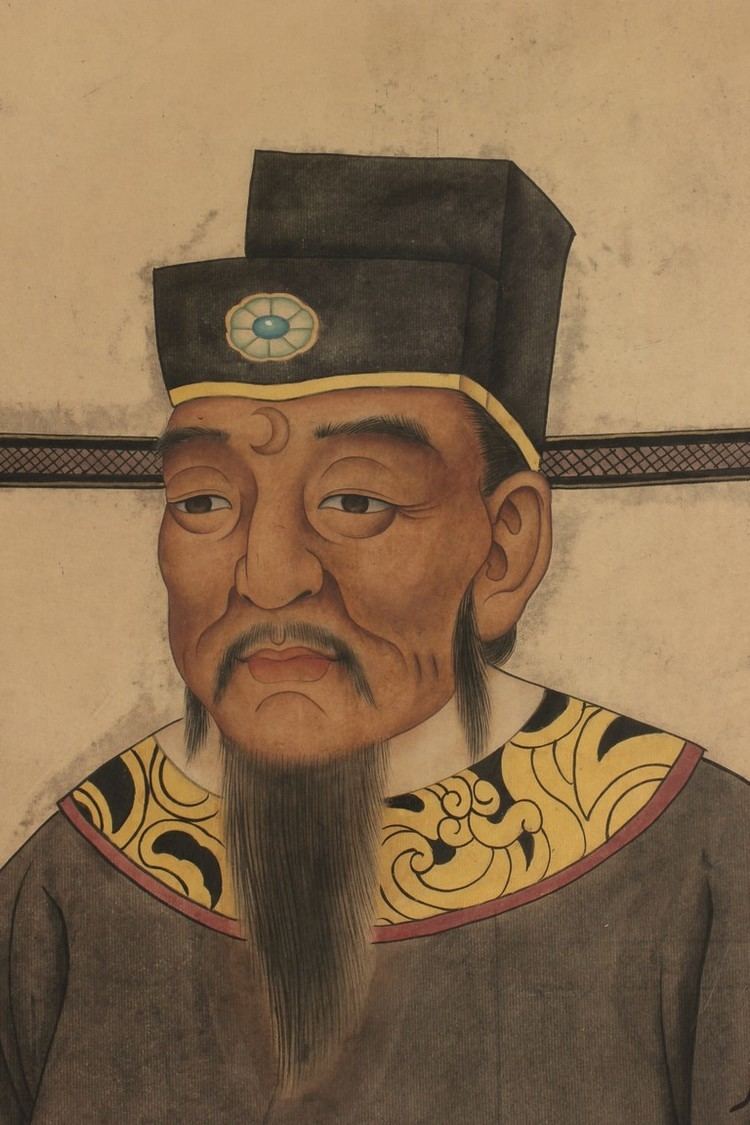THE following is the media statement issued by the office of Duli Yang Maha Mulia Paduka Sultan of Perak, Sultan Azlan Shah which has the effect of a new government being appointed in the State of Perak,Malaysia:
His Royal Highness had used his discretion under Article XVIII (2)(b) of the Perak Darul Ridzuan State Constitution and did not consent to the dissolution of the Perak State Assembly.YAB Datuk Seri Mohammad Nizar Jamaluddin was summoned to an audience with the Sultan to be informed of his Royal Highness’s decision not to dissolve the State Assembly, and in accordance with the provisions of Article XVI (6) of the Perak Darul Ridzuan State Constitution, DYMM Paduka Seri Sultan of Perak ordered YAB Datuk Seri Mohammad Nizar Jamaluddin to resign from his post as Perak Mentri Besar together with the members of the state executive council with immediate effect.
If YAB Datuk Seri Mohammad Nizar Jamaluddin does not resign from his post as Perak Mentri Besar together with the state executive council members, then the posts of Mentri Besar and state executive councillors are regarded as vacant.
http://thestar.com.my/news/story.asp?file=/2009/2/6/nation/3209890&sec=nation
According to Dr Shad Saleem Faruqi , Professor of Law at UiTM:
"...the constitutions of the various states as well as the Eighth Schedule of the Federal Constitution confer on Their Majesties discretionary powers in some fields, namely: (inter alia)
» withholding of consent to a request for the premature dissolution of the assembly
(http://www.malaysianbar.org.my/constitutional_law/powers_and_functions_of_state_rulers.html)
Note that the above deals with the Sultan's powers in regards to a dissolution of the assembly.
In the current case in Perak, the Sultan has in effect appointed a new government. The question then: what is the source of the Sultan's power to appoint a new government?
In this regard, the Australian experience of 1975 which involved the dismissal of the government of the day , may prove instructive. In 1975 the government of the day was unable to govern due to supply (finance bills) being denied by the Upper House or Senate which was then controlled by the Opposition.The Governor-General ((being the Queen's representative) had to consider what steps could be taken to ensure governance of the country.
The Australian Constitution does not contain explicit provisions in regards to the matter of the dismissal of a current government. Consequently , the Chief Justice at the time advised the Governor-General Sir John Kerr, as follows:
But there is an analogy between the situation of a Prime Minister who has lost the confidence of the House of Commons and a Prime Minister who does not have the confidence of the parliament, i.e. of the House of Representatives and of the Senate. The duty and responsibility of the Prime Minister to the Crown in each case is the same: if unable to secure supply to the Crown, to resign or to advise on election.
In the event that, conformably to this advice, the Prime Minister ceases to retain his Commission, Your Excellency's constitutional authority and duty would be to invite the Leader of the Opposition, if he can undertake to secure supply, to form a caretaker government (i.e. one which makes no appointments or initiates any policies) pending a general election, whether of the House of Representatives, or of both Houses of the Parliament, as that Government may advise.
Accordingly, my opinion is that, if Your Excellency is satisfied in the current situation that the present Government is unable to secure supply, the course upon which Your Excellency has determined is consistent with your constitutional authority and duty.
http://whitlamdismissal.com/documents/barwick-letter.shtml
Readers will note that the discretionary (or reserve ) power here only allowed for the appointment of a care-taker government , pending a general election. In other words, the Governor-General was not thought to have the power to appoint a new government. That was a matter that had to be decided by the electorate.
In the Perak matter , the Menteri Besar (Chief Minister) has in fact advised that elections be called. Hence it would appear on the face of it that the Sultan has circumvented the law and acted outside his authority.
Comments welcome.
Subscribe to:
Post Comments (Atom)

1 comment:
Taking example from your Australian understanding, can we take:
1. The Ruling party is to be chosen by a General election. And, thereby to form the government and so the Rights of nominating the MB in this case.
2. The Sultan has only the power of endorsing (consent) or regjecting the nomination. He does not the power to decide or to sack the BM.
3. Therefore, when MB cannot run the Assembly by majority, to be proven by voting in the Assembly, a general election has to be conducted to get the "authority" from the Voters to select the ruling party. If the Sultan reject a GE, the status of the existing Ruling party remains. And, a new MB can only be nominated by the existing Ruling party. But, this will easily make the State Government handicapped when they cannot have the majority in the Assembly.
In another word, frogging is not valid to change the status of a Ruling Party without a GE.
Post a Comment